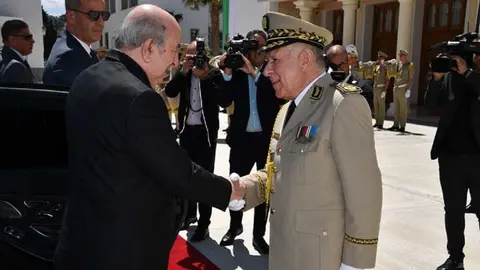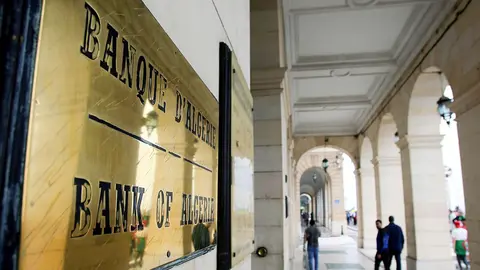Algeria and the diplomatic use of the economy
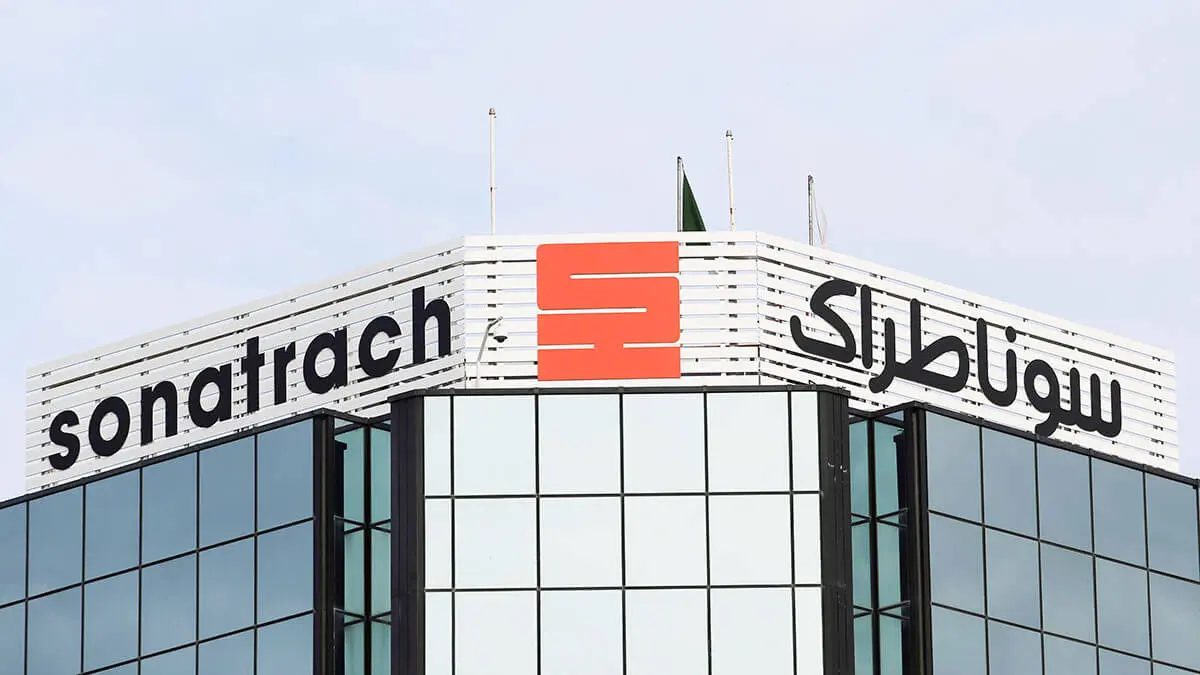
Algeria could be seeking to combine economics and politics in order to establish strong diplomatic ties abroad with a view to improving its situation of relative political isolation, especially in comparison with its main neighbour in the Maghreb, Morocco, which currently enjoys intense and successful diplomatic activity that has enabled it to forge partnerships at various levels with powers such as the United States, France, Germany and the United Kingdom.
Along these lines, Algeria is promoting various economic initiatives, mainly linked to the energy sector, in which it is a real powerhouse within the African continent, with a view to possibly establishing strong diplomatic ties with other nations that will help it to consolidate its position in the current geopolitical scenario.
Thus, the Algerian state has recently launched several tenders related to Sonatrach, Algeria's largest state-owned company and one of the most powerful energy consortia in the world. Taking advantage of the situation, a Franco-Qatari alliance won a major energy agreement in the new tenders, while Chinese and European companies also participated in other tenders. This could reflect the Maghreb country's desire to use economic agreements to promote diplomatic rapprochement and even to contain certain international frictions, as in the case of France, which recently showed its support for Morocco's Autonomy Plan for Western Sahara, considering it the most viable option for resolving the Sahrawi dispute, something that politically contravenes Algerian positions, which are aligned with the position of the Polisario Front, an entity that advocates for a referendum on Sahrawi independence.
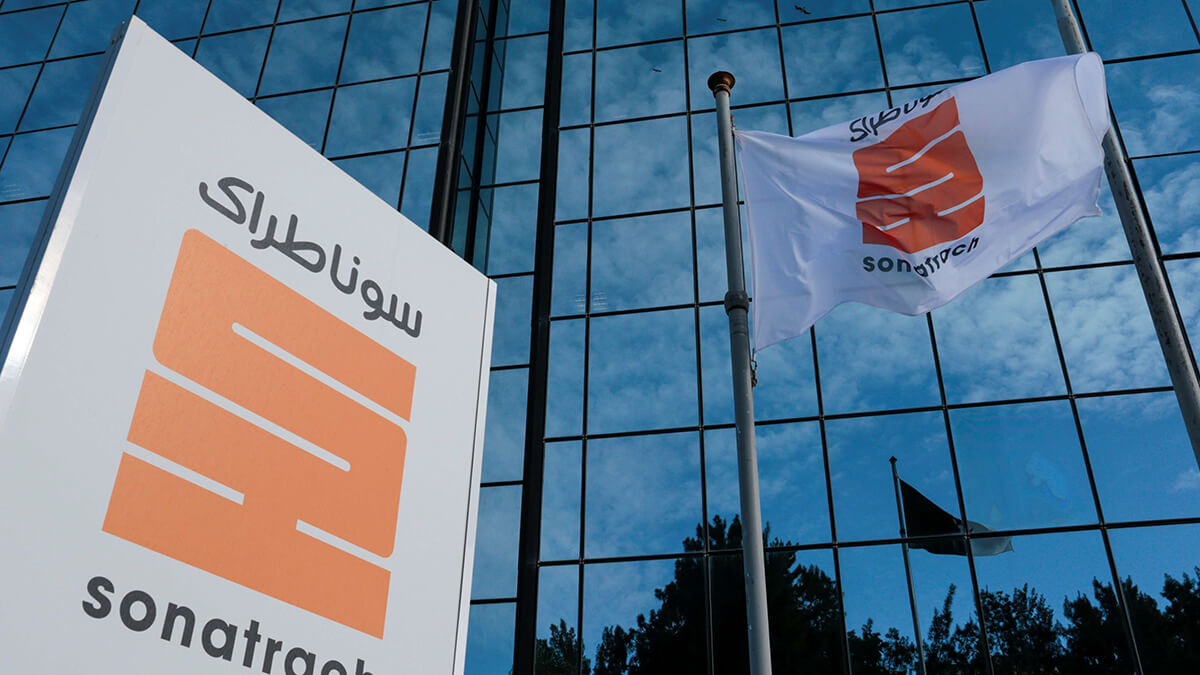
The most notable tender by Algerian oil and gas company Sonatrach for exploration, development and exploitation activities at the Ahara field in the south of the country was awarded to the Franco-Qatari alliance formed by TotalEnergies and Qatar Energy. This would reinforce Algeria's desire to leverage energy investments to strengthen diplomatic rapprochement and contain political differences, with a view to bringing Doha and Paris closer together.
QatarEnergy obtained this onshore exploration licence in Algeria as part of the ‘Algeria 2024 Bidding Round’ for oil and gas exploration, representing its first foray into the exploration and production sector in Algerian territory.
The National Agency for the Valorisation of Hydrocarbon Resources (ALNAFT) announced the results of the competitive bidding process, awarding exploration and production rights for the Ahara onshore block, located in eastern Algeria, to the consortium comprising QatarEnergy, with an effective interest of 24.5%; TotalEnergies (operator during the exploration phase) with a 24.5% interest; and Sonatrach, with a 51% interest.
On the occasion of this award, Saad bin Sherida Al-Kaabi, Qatar's Minister of State for Energy Affairs and Executive Chairman of QatarEnergy, said, ‘The award of the Ahara block represents our first presence in the upstream sector in the sister Republic of Algeria and expands our presence in North Africa.’
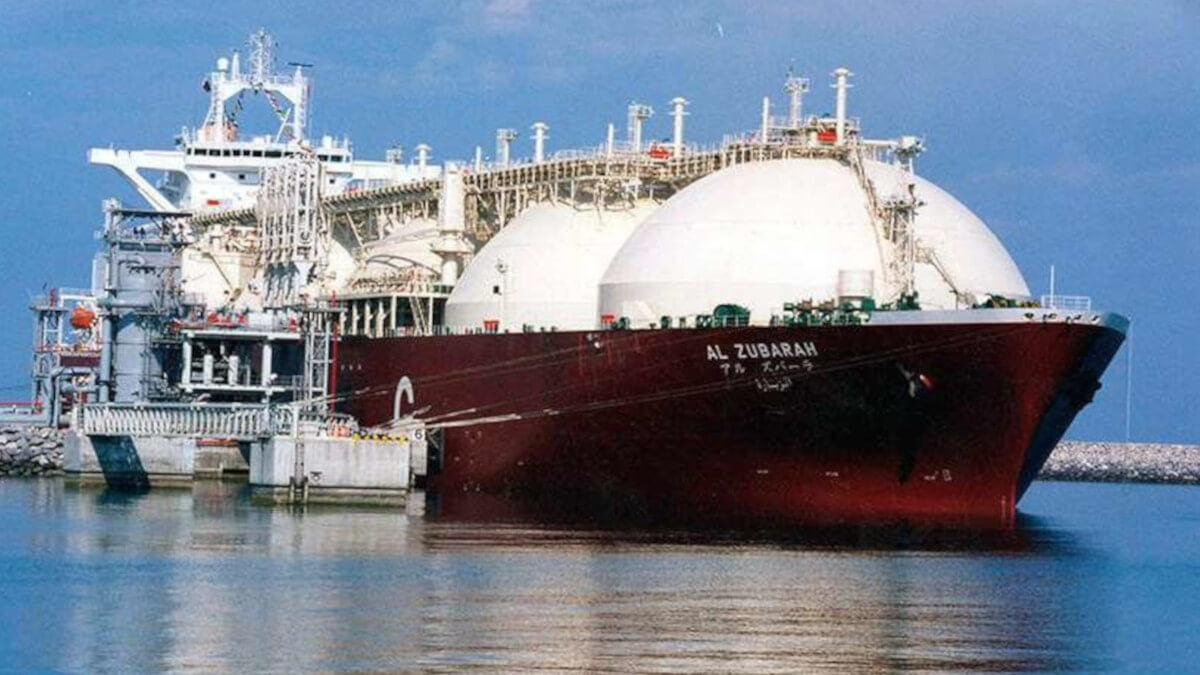
Algeria hopes to increase the country's gas production by at least 20 billion cubic metres per year thanks to new contracts that will come on stream within five to ten years, in which various international players will play a major role. The Algerian company Sonatrach also aims to increase exports from 50 billion cubic metres to 100 billion.
The international tender for the Ahara gas field was launched last October. The field is located in the south-eastern desert and covers exploration, development and exploitation activities. According to a document from the Algerian Exploration Agency, ‘the expected reserves of the Ahara gas field are estimated at 115 billion cubic metres, while confirmed reserves are estimated at approximately 39 billion cubic metres’.
The new Algerian international tenders are the first of their kind since 2014 and mark a significant shift towards new opportunities for collaboration in the energy sector, a major source of funding for the Algerian state. They mark the end of years of stagnation due to various factors, in particular political instability and the uncertain investment climate prior to the amendment of the Energy Law, which includes incentives, tax exemptions, customs duties and levies for foreign investment companies.
The new projects reflect the Algerian authorities' intention to continue to focus on the energy sector as the driving force behind the national economy, despite the current international trend towards greater economic diversification in countries that have been heavily dependent on hydrocarbons in recent years. In fact, major countries such as Saudi Arabia, the United Arab Emirates and Oman have already launched state programmes to encourage investment in various different sectors so that their economies do not continue to depend on hydrocarbons and can join the current trend of promoting more renewable energy sources in order to protect the planet.
On the other hand, it should be noted that the current scenario of geopolitical instability, driven by wars such as those in Gaza and Ukraine and the current conflict between Israel and Iran, is clearly impacting energy supplies. Countries that control significant sources of such resources are currently using this to their advantage to reap huge profits, as is the case with Algeria and other international energy powers, which are well placed to improve supplies to other areas in greater need, such as Europe.

